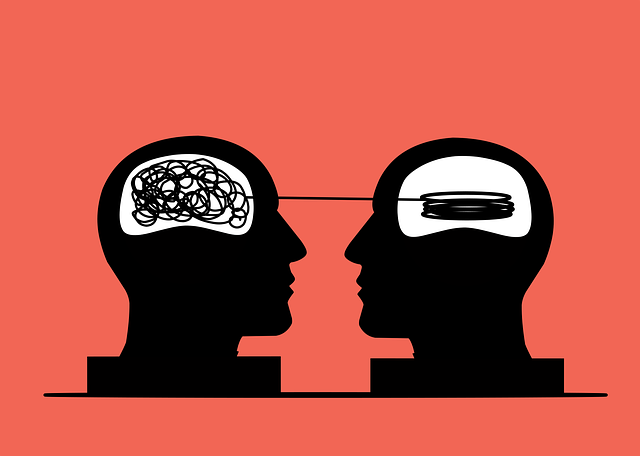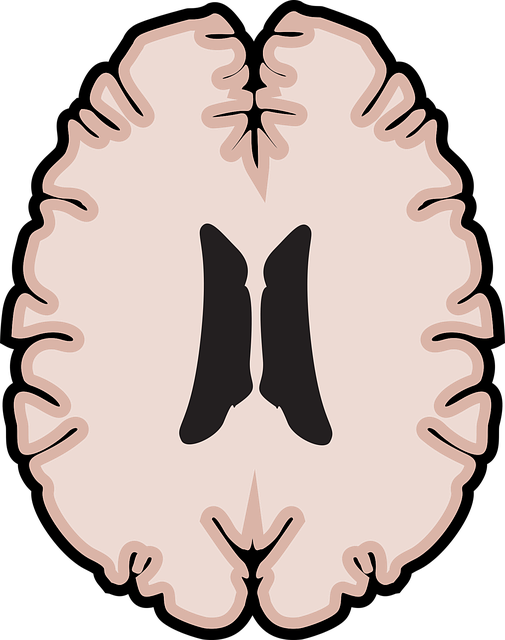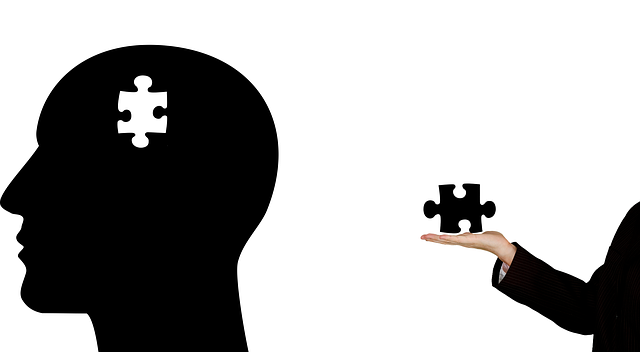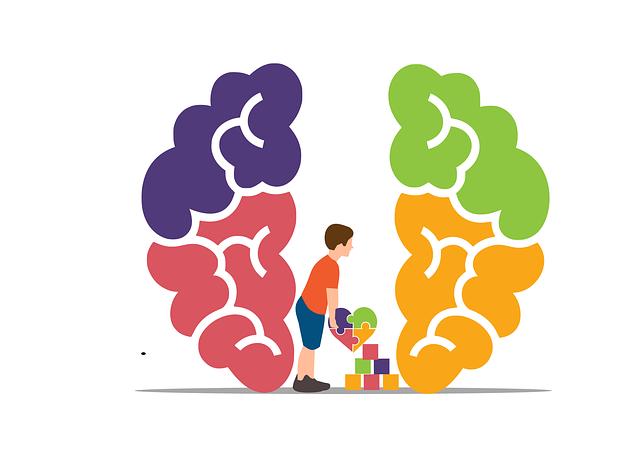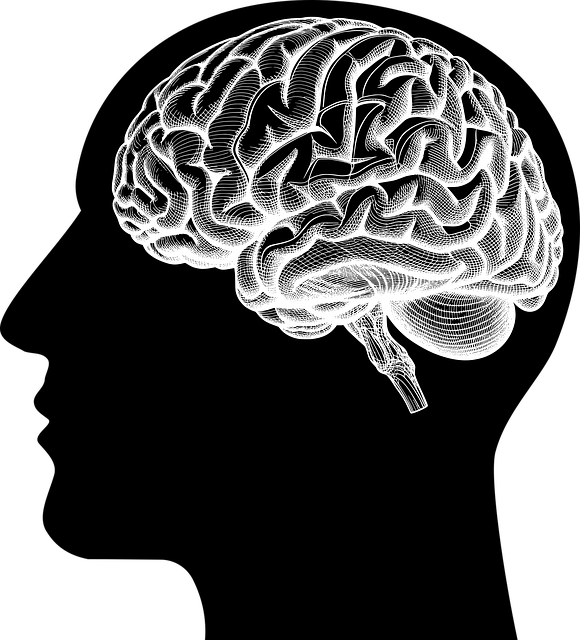Mental illness diagnosis faces challenges like symptom complexity and misdiagnosis risk, exacerbated by dynamic symptoms. Specialized counseling services like Westminster Family Counseling Therapy refine accuracy through holistic approaches, integrating diverse techniques such as burnout prevention and mental wellness journaling exercises. The digital age introduces AI-driven algorithms, compassion cultivation practices, and risk assessment tools to enhance diagnosis. Westminster Family Counseling Therapy leads in training mental health professionals with comprehensive programs, workshops, webinars, and mentorship initiatives, improving diagnostic skills and patient care outcomes.
Mental illness diagnosis accuracy is a critical aspect of patient care, with many challenges currently hindering effective identification. This article explores strategies to enhance diagnostic precision, focusing on innovative approaches like Westminster Family Counseling Therapy, which takes a holistic view. We discuss cutting-edge techniques and technologies, emphasizing their potential to revolutionize mental health assessment. Additionally, ongoing training programs for healthcare professionals are examined, highlighting their role in ensuring accurate diagnoses.
- Understanding the Current Challenges in Mental Illness Diagnosis
- Westminster Family Counseling Therapy: A Holistic Approach
- Innovative Techniques and Technologies for Enhanced Accuracy
- Ongoing Training and Support for Healthcare Professionals
Understanding the Current Challenges in Mental Illness Diagnosis

The diagnosis of mental illnesses presents several challenges that impact treatment efficacy and patient outcomes. One of the primary hurdles is the complex interplay between various symptoms, often leading to misdiagnosis or delayed identification. Mental health professionals face the daunting task of navigating a diverse range of disorders, each with its unique set of manifestations, which can be particularly tricky for less common conditions. The current diagnostic process heavily relies on subjective assessments and self-reported experiences, making it susceptible to human error and bias. This is where specialized counseling services like those offered by Westminster Family Counseling Therapy play a crucial role in refining diagnosis accuracy.
Moreover, the dynamic nature of mental health means that symptoms can fluctuate, presenting differently over time. This variability challenges healthcare providers to stay updated with the latest research and guidelines, ensuring they employ evidence-based practices. In light of these issues, implementing community outreach programs focusing on mental health awareness can significantly contribute to early intervention and accurate diagnosis. Initiatives like these, coupled with a thorough Mental Health Policy Analysis and Advocacy, have the potential to revolutionize how we approach mental illness diagnosis, ultimately enhancing patient care and outcomes.
Westminster Family Counseling Therapy: A Holistic Approach

Westminster Family Counseling Therapy offers a holistic approach to mental health support, recognizing that each individual’s journey with mental illness is unique. This counseling service doesn’t merely focus on treating symptoms but also aims to enhance overall well-being. By incorporating various therapeutic techniques and self-care practices, such as Burnout Prevention strategies and Mental Wellness Journaling Exercises, they guide clients towards sustainable recovery. This comprehensive approach ensures that clients not only manage their mental health challenges but also develop effective coping mechanisms for a fulfilling life.
Innovative Techniques and Technologies for Enhanced Accuracy

The digital age has brought about innovative techniques and technologies that offer enhanced accuracy in mental illness diagnosis. Westminster Family Counseling Therapy, for instance, leverages advanced tools to provide more precise assessments. These include AI-driven algorithms that analyze complex data sets, including patient history, symptoms, and behavioral patterns, to identify subtle nuances that might be missed through traditional methods.
One such advancement is the integration of Compassion Cultivation Practices, which not only improves patient-therapist relationships but also enhances diagnostic accuracy. Additionally, Risk Assessment for Mental Health Professionals plays a crucial role in refining diagnosis by enabling practitioners to proactively identify high-risk cases and tailor interventions accordingly. By combining these cutting-edge approaches with dedicated training, mental health professionals can better support individuals struggling with mental wellness, ensuring more effective treatment plans.
Ongoing Training and Support for Healthcare Professionals

Mental illness diagnosis accuracy has been a growing concern, prompting continuous efforts to improve standards. One significant strategy involves ongoing training and support for healthcare professionals. Westminster Family Counseling Therapy leads the way in this initiative by offering comprehensive programs designed to enhance diagnostic skills. These sessions cover various topics, from recognizing subtle symptoms to understanding complex presentations, ensuring practitioners stay updated with the latest research and best practices.
Through regular workshops, webinars, and mentorship programs, healthcare providers gain practical insights and refine their assessment techniques. This proactive approach not only improves diagnosis accuracy but also fosters a more compassionate and effective treatment environment. By investing in professional development, Westminster Family Counseling Therapy contributes to raising public awareness campaigns and promoting mental wellness, ultimately benefiting individuals seeking support for their mental health.
In addressing the challenges of mental illness diagnosis, efforts like Westminster Family Counseling Therapy’s holistic approach, coupled with innovative techniques and technologies, offer promising avenues for enhancing accuracy. Ongoing training and support for healthcare professionals are pivotal to ensuring these advancements translate into improved patient outcomes. By integrating diverse methods and fostering a culture of continuous learning, we can better navigate the complexities of mental health assessment, ultimately providing more effective care.
